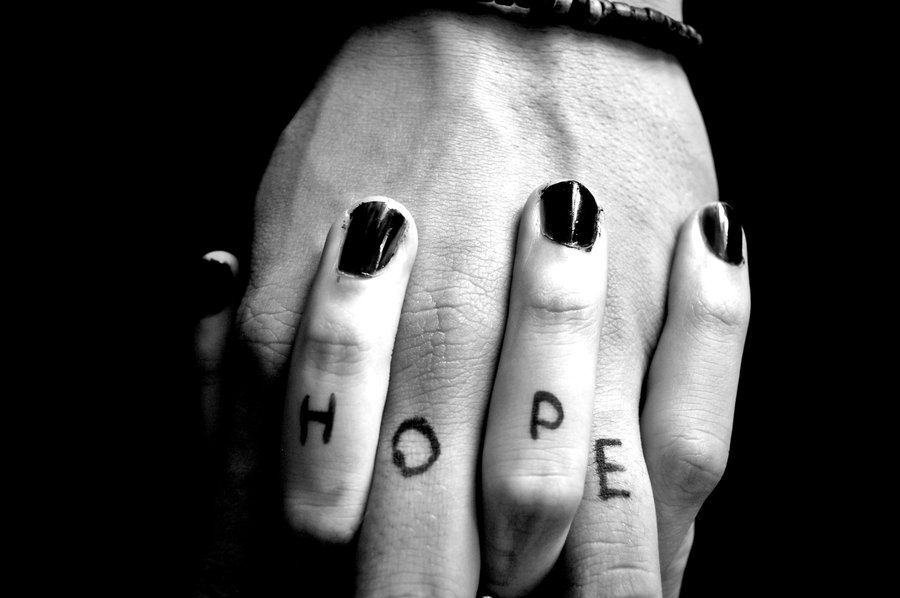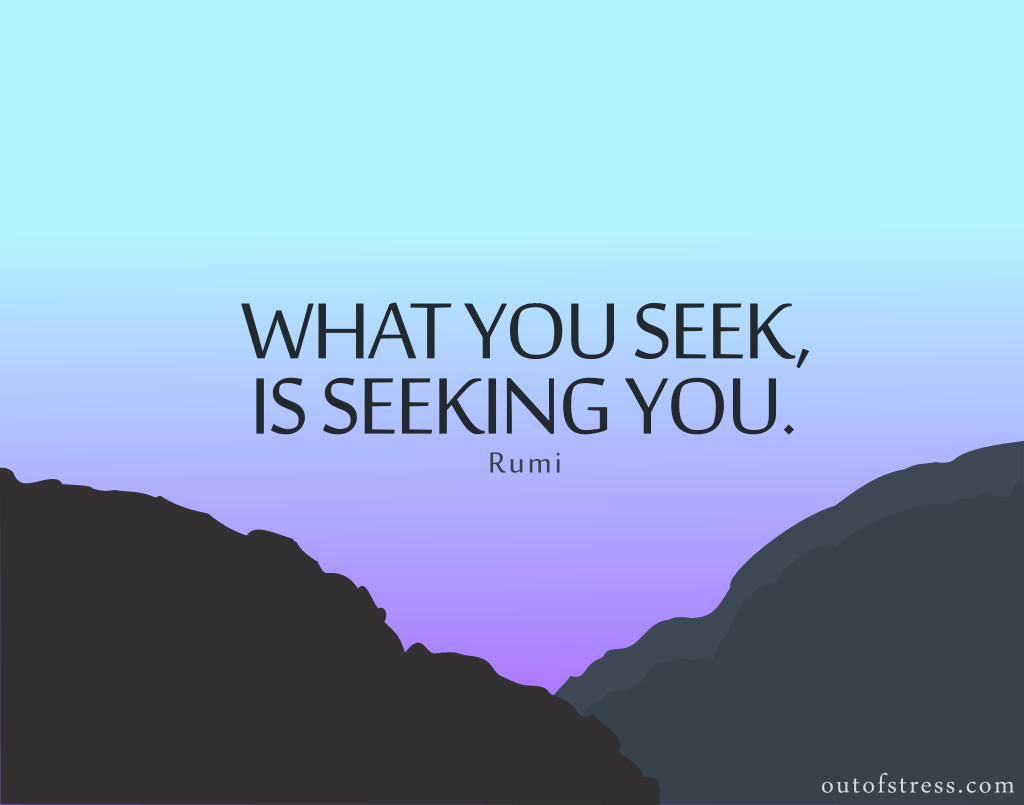PEACE Daily Devotional: Advent 2 – Dec 11
Cultivate peace each day this week. December 11: Peace in our Hearts Scripture: Philippians 4:6-7 — Do not be anxious about anything, but in everything by prayer and supplication with thanksgiving let your requests be made known to God. 7 And the peace of God, which surpasses all understanding, will guard your hearts and your minds […]





